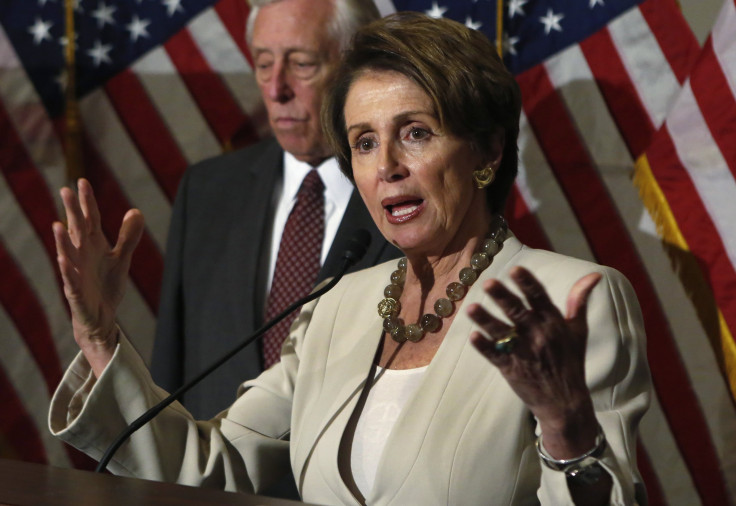The House Democrats have laid out legislation for a second coronavirus relief check worth $3 trillion even as the first checks are still being handed out.
This second relief check will include another direct monetary payment to Americans, relief for businesses, those who are unemployed, the U.S. postal service, as well as include the expenses of coronavirus testing costs. But what the real question is, as the lockdown continues in the U.S., will the relief checks be enough to curb the looming recession and prop the shaky economy?
While the legislation is yet to pass review, the IRS is still giving $1,200 per person to millions of Americans under the first COVID-19 economic stimulus package, which was worth $2 trillion to help curb the financial blow caused by the pandemic.
But as 14.7% unemployment rate was recorded in April, with more than 33 million people filing first-time unemployment claims and the possibility of the worst recession since the Great Depression, the second 2020 stimulus check was suggested. This new check will extend weekly $600 federal unemployment payments, plus give $1 trillion to state, local and tribal governments. Also, $200 billion are set aside for essential workers and $75 billion for coronavirus testing, contact tracing, and free treatment.
The second stimulus check is being backed by House Speaker Nancy Pelosi who wants the federal government to continue to "think big."
"We face the biggest catastrophe in our nation's history. Setting aside how we got here, we must approach this tragedy with the deepest humanity as we go into the future," the Democrat said. "We must think big for the people now because if we don't, it will cost more in lives and livelihood later. Not acting is the most expensive course."
But this package, and more after it, won’t be enough to keep the economy afloat for a long time. "We can't spend enough money to prop this economy up forever," said Senate Majority Leader Mitch McConnell. "This is not a time for aspirational legislation, this is a time for a practical response to the coronavirus pandemic."
"So, we're gonna insist on doing narrowly-targeted legislation—if and when we do legislate again, and we may well -- that addresses the problems, the needs and not the aspirations of the Democratic majority in the House,” he added.

© 2025 Latin Times. All rights reserved. Do not reproduce without permission.



